Media
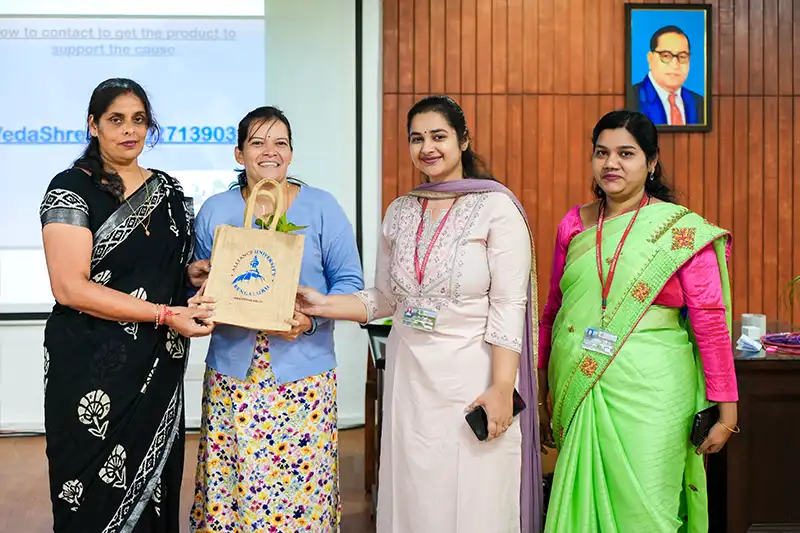
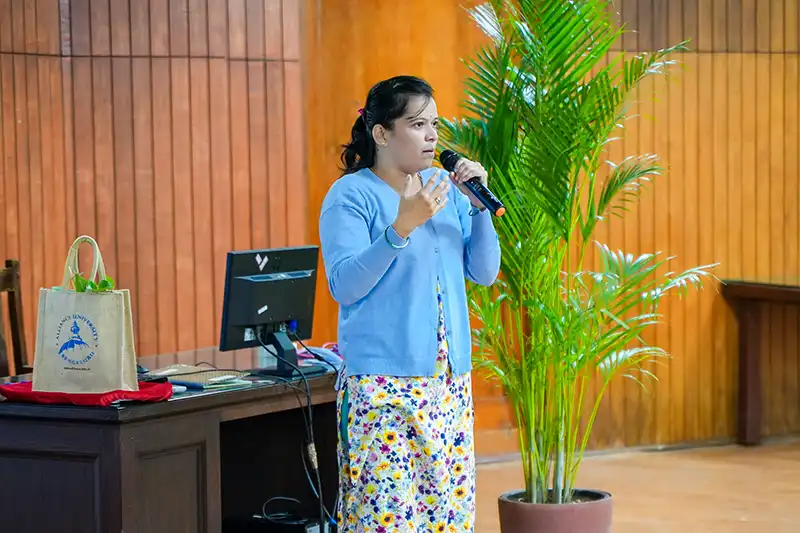
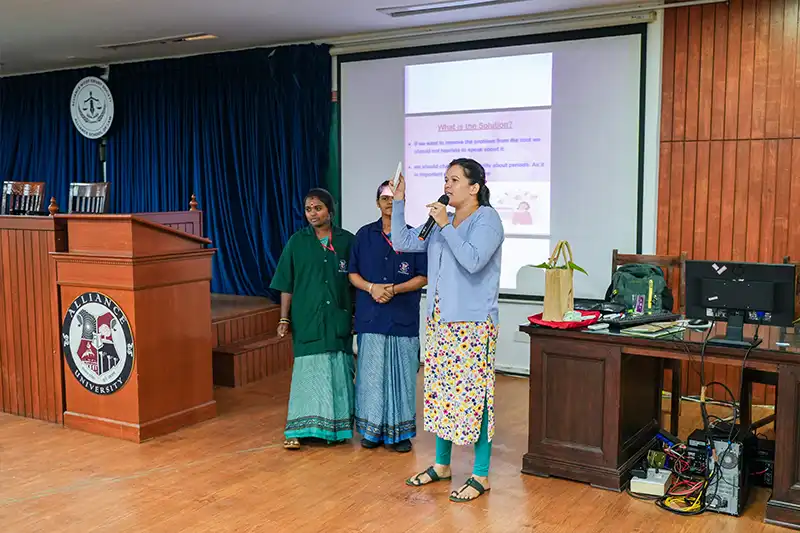
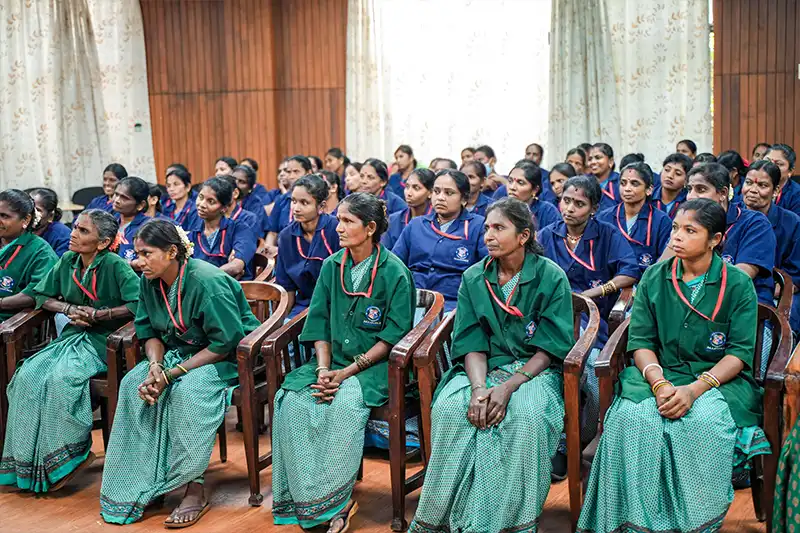
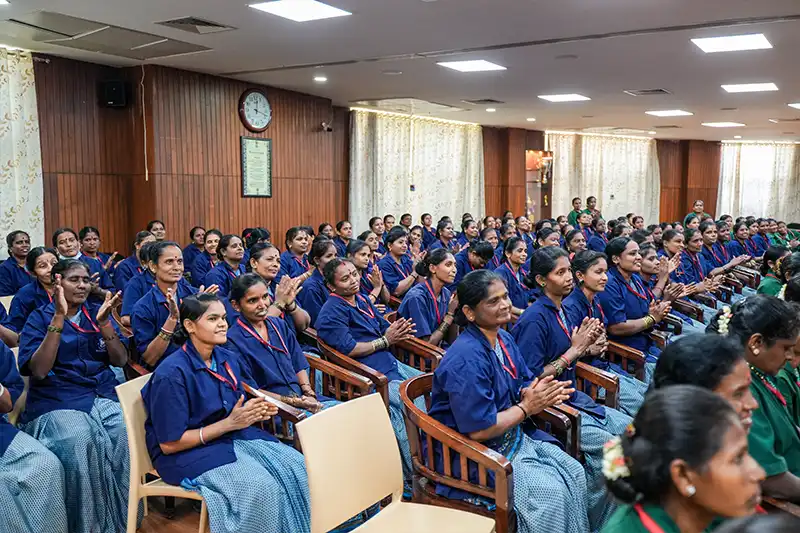
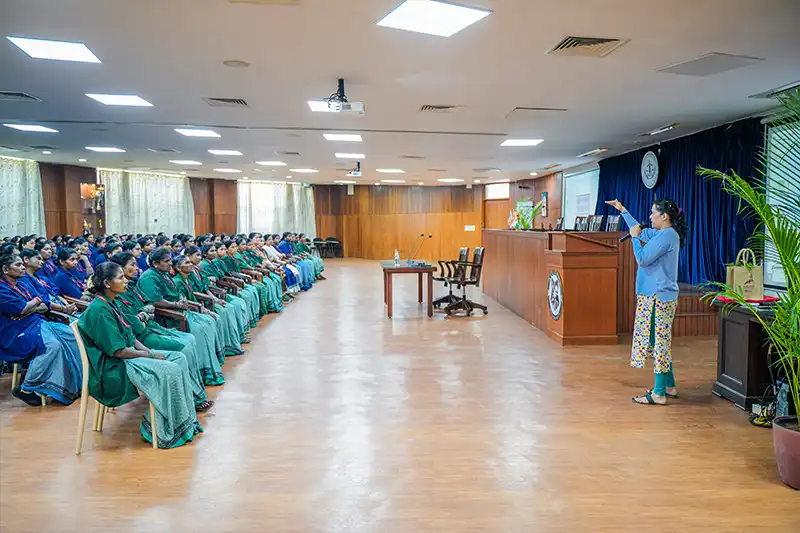
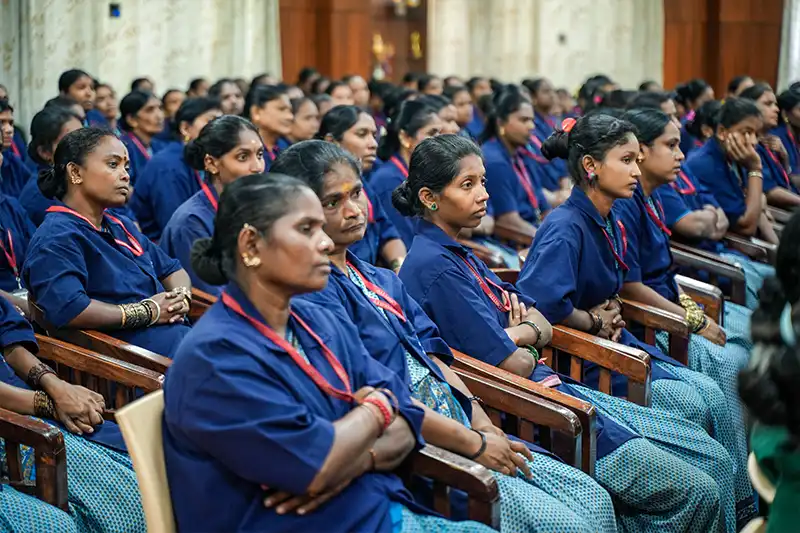
Alliance University, in collaboration with the non-profit organisation Women Health Matters, conducted a menstrual hygiene awareness session for female blue-collar staff. The initiative aimed to promote health and well-being through education on menstrual hygiene and create a supportive environment for open conversation.
Promoting Health through Awareness
The session focused on essential aspects of menstrual health and hygiene. Topics included safe practices during the menstrual cycle, the importance of hygiene maintenance, and awareness of common side effects linked to poor menstrual care. The facilitators provided information on how neglecting menstrual hygiene can lead to various health concerns such as infections, reproductive tract disorders, tumours, and cervical cancer.
Participants were encouraged to recognise early symptoms of potential health issues and adopt consistent hygiene routines as preventive measures. The session emphasised that menstrual health is integral to overall well-being and directly affects quality of life and productivity.
Creating Inclusive and Safe Spaces
The initiative provided an inclusive space where women could learn and share experiences without stigma or hesitation. Facilitators created a supportive environment that encouraged open dialogue. Attendees engaged in active discussion, asked questions, and reflected on their personal health practices.
By addressing the social and cultural silence surrounding menstruation, the session contributed to building awareness and fostering respect for women’s health in the workplace. It also strengthened the university’s goal of inclusivity and equity for all community members, regardless of role or background.
Collaborative Outreach for Impact
The session was part of a wider outreach effort supported by Women Health Matters, an organisation working to improve women’s health education in underserved communities. Their team brought experience and empathy to the discussion, helping participants understand both the science and social dimensions of menstrual health.
Practical guidance was shared on affordable and sustainable hygiene products, safe disposal methods, and daily health practices. The session also explored the connection between menstrual hygiene and workplace performance, reinforcing the idea that health awareness is key to empowerment.
Commitment to Staff Well-being
This initiative reflects Alliance University’s ongoing commitment to supporting wellness initiatives across all levels of the institution. Recognising the contribution of women staff in maintaining the university’s daily operations, the awareness session served as a step towards ensuring their dignity, health, and continued engagement at work.
Future plans include extending similar wellness programmes to different groups within the university community and collaborating with more health-focused organisations to enhance outreach efforts.
Conclusion
The menstrual hygiene awareness session for women blue-collar staff reaffirmed the university’s dedication to inclusive health education. By empowering participants with knowledge, the initiative contributed to building a healthier and more informed community. Alliance University remains committed to creating a workplace where well-being is prioritised and every member is valued and supported.
